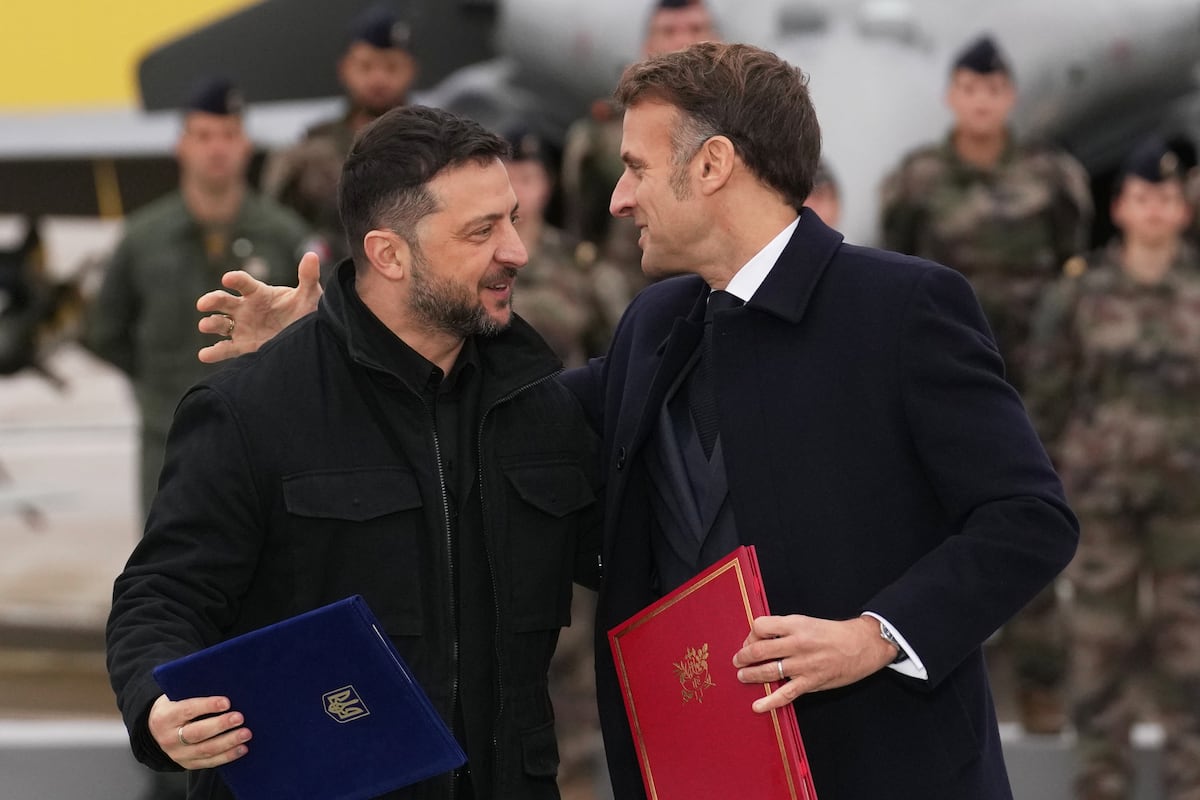U.S. Military Presence in the Caribbean: Implications and Strategic Considerations
Introduction
The recent deployment of the USS Gerald R. Ford, the U.S. Navy’s most sophisticated aircraft carrier, to the Caribbean Sea highlights a significant escalation in U.S. military engagement in the region. This move raises critical questions about the Trump administration’s foreign policy intentions, particularly in relation to Venezuela and ongoing counter-narcotics operations.
Aircraft Carrier Deployment and Strategic Context
The arrival of the USS Gerald R. Ford, accompanied by a formidable fleet of nearly a dozen naval vessels, marks a significant moment in U.S. military history in the Caribbean. This operation, dubbed “Operation Southern Spear,” involves approximately 12,000 sailors and Marines and aims to enhance U.S. capabilities in combating drug trafficking and addressing security challenges posed by Venezuela’s government under President Nicolás Maduro.
- Force Composition:
- USS Gerald R. Ford (CVN-78)
- Various guided-missile destroyers
- Squadrons of fighter aircraft
This buildup represents the largest concentration of American maritime power in the Caribbean in generations, reflecting a strategic pivot towards maintaining regional stability and asserting U.S. interests.
Justification for Military Action
The administration frames these military actions as essential to stemming the tide of narco-terrorism that threatens both the Western Hemisphere and U.S. homeland security. Rear Admiral Paul Lanzilotta, commander of the strike group, emphasized that these efforts aim to protect national security against the pernicious effects of drug trafficking networks.
However, the administration has faced scrutiny regarding the execution of strikes against vessels suspected of drug transportation. U.S. military operations have reported a death toll exceeding 80 individuals, raising ethical and legal concerns about the classification of targets as “narcoterrorists.”
Regional Reactions and Training Exercises
The U.S. has begun training exercises in Trinidad and Tobago, close to the Venezuelan border, with local government officials indicating these maneuvers are focused on combating increasing violent crime linked to drug trafficking. Such collaborations, occurring twice in recent weeks, reflect the broader context of regional partnerships within the sphere of security cooperation.
- Trinidad and Tobago Training Objectives:
- Enhance local capabilities to address violent drug-related crime
- Strengthen U.S.-regional military collaboration
Conversely, Maduro’s administration has condemned these activities as acts of aggression, claiming they create an environment of hostility.
Political Dynamics and Legislative Oversight
Domestically, the U.S. government has maintained a firm stance against Maduro, with figures like Secretary of State Marco Rubio labeling the Venezuelan regime a “transshipment organization” complicit in drug trafficking operations. There has been bipartisan support in upholding the military’s right to act against perceived threats, as evidenced by recent Senate votes that rejected proposals aimed at limiting the executive’s authority to conduct military operations against Venezuela.
Despite the justification rooted in drug interdiction, many analysts question the efficacy of an aircraft carrier in countering cartel activities. The Ford’s capabilities may serve primarily as a tool for intimidation rather than a direct solution to the complex challenges posed by drug trafficking organizations.
Conclusion: Assessing the Broader Impact
The deployment of the USS Gerald R. Ford demonstrates a recalibration of U.S. military strategy in the Caribbean, indicative of a broader trend toward active engagement in Latin America. Experts within defense circles express that this show of force sends a clear signal to both allies and adversaries.
As Elizabeth Dickinson from the International Crisis Group noted, such military movements evoke anxiety not only in Venezuela but across the region, as nations closely monitor the extent to which the U.S. is willing to employ military might against perceived threats.
In this evolving geopolitical landscape, the implications of heightened U.S. military presence in the Caribbean will undoubtedly shape future engagements with both regional partners and adversaries, challenging policymakers to address the underlying issues driving conflict and insecurity in the region.





